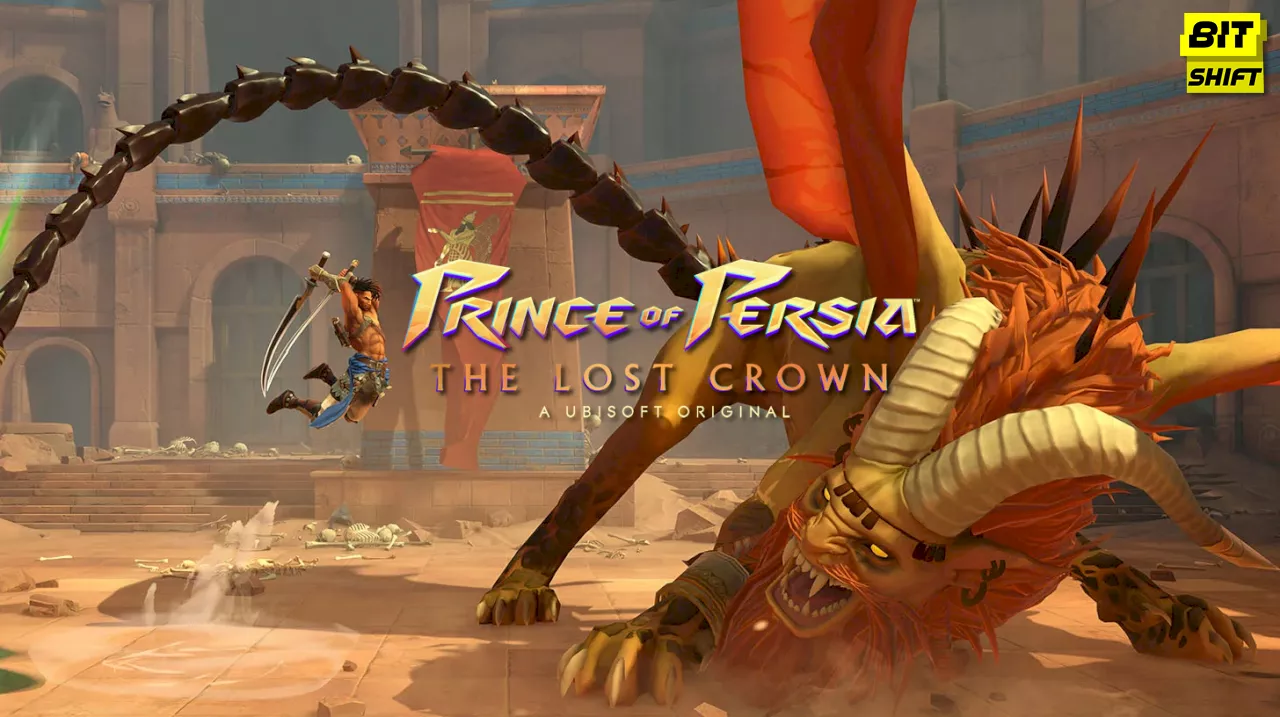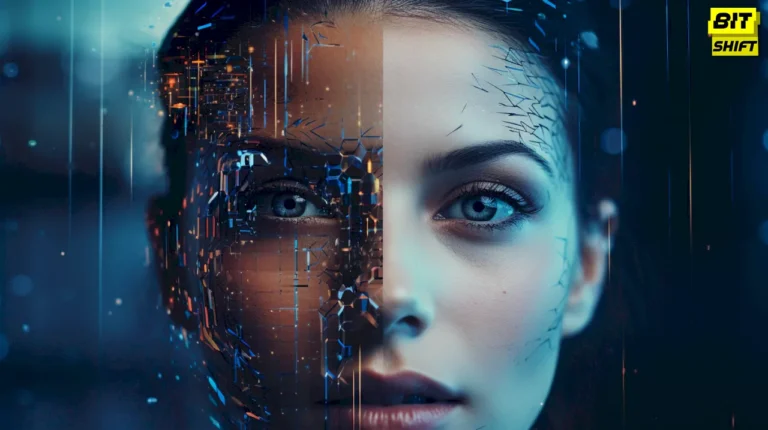
Summary
Using artificial intelligence (AI) voices is becoming increasingly prevalent in video games. This article takes a deep dive into this topic, using the recent launch of Prince of Persia: The Lost Crown as a case study.
Prince of Persia: The Lost Crown is a highly anticipated game launched recently. While the game was generally well-received, one particular detail sparked many discussions among early reviewers. One of the minor Non-Player Characters (NPCs), a tree spirit named Kalux, didn’t have a human voice. Instead, Kalux was voiced by a text-to-speech (TTS) program if you’re wondering why, the answer seems to be a simple oversight by the game developers at Ubisoft.
“The future is here and speaks in zeroes and ones.”
During the discussion regarding the AI voice, it was noted that the voice of Kalux bore a striking resemblance to a TTS program that is freely available online. A comparison of the lines spoken by Kalux in the game and the same lines processed through the TTS program confirmed the suspicion. Interestingly, Kalux doesn’t seem to have a credited voice actor in the game’s credits, an oddity considering every other voiced character in the game has a named human credit.
Ubisoft’s Explanation
When IGN, a leading video game and entertainment media website, reached out to Ubisoft for a comment, the explanation provided was that using a TTS program was a placeholder until the final dubbing was delivered. According to Ubisoft, the English version of the lines for Kalux was not correctly implemented and will be swapped out with an upcoming patch.
Ubisoft further explained that placeholder assets, including text-to-speech voiceover, are common in game development. Early builds often use TTS programs, AI voices, or random developers to record lines until the scripts are finalized and professional actors can be brought in to record the dialogue.
However, the situation became more peculiar when it was revealed that the voice of Kalux wasn’t fixed in the day one patch sent out to reviewers. Ubisoft informed that a fix can be expected by late January or early February.
AI in Gaming: A Growing Trend
While the use of an AI voice in Prince of Persia: The Lost Crown seems to have been unintentional, it does highlight the growing trend of AI in game development. At the recent Consumer Electronics Show (CES), Ubisoft and Genshin Impact developer HoYoverse were announced as among the first studios using Nvidia’s Avatar Cloud Engine. This AI-driven tech platform creates “lifelike” game characters. It enables players to interact with NPCs using their microphones, with the NPCs responding with AI-generated dialogue responses and text-to-speech voiceovers.
Other game developers, too, have been experimenting with AI voices. The Finals was criticized for its use of AI-generated voices, while Cyberpunk 2077 utilized AI to replace the voice of a deceased actor.
The increasing reliance on AI in gaming has led to concerns about the possible replacement of human actors with AI. Recently, the actor union SAG-AFTRA announced a controversial deal with generative AI voice company Replica Studios to establish standards for creating AI voices from real voice actor profiles.
AI Voices: A Glitch or The Future?
While the case of Kalux in Prince of Persia: The Lost Crown may have been a glitch, it’s clear that AI voices are becoming more prevalent in the gaming world. Whether this is seen as a positive advancement or a threat to human roles in the industry remains to be seen. One thing is clear – as technology continues to advance, the gaming industry will continue to evolve, bringing with it new innovations and challenges alike.
Share the Article by the Short Url:






